"Bucharest has moral duty to help Moldova"
Romanian Foreign Minister Adrian Cioroianu addressed the issue of Bucharest's ties with Moldova.
Wednesday, 13.02.2008.
15:36

Romanian Foreign Minister Adrian Cioroianu addressed the issue of Bucharest's ties with Moldova. Seeking to counter accusations that its policies are aimed at undermining Moldovan statehood, he said his country is fostering ties between its poorer neighbor and Brussels and has made Moldova's accession to the European Union a foreign-policy priority. "Bucharest has moral duty to help Moldova" Cioroianu tells RFE/RL's Romania-Moldova Service in an exclusive interview that his country considers it a "moral duty" to encourage those relations. Relations between EU member Romania and Moldova, consistently rated Europe's poorest country, have grown strained in recent years as their countries continued down markedly different paths. Officials have sparred repeatedly in past months over issues ranging from visa regulations to the name of a national language. Cioroianu, 41, says the difficulties are due to both the countries' close cultural ties as well as their divergent personal histories. While Romania is one of the most recent additions to the European Union, the ex-Soviet republic of Moldova has languished between East and West. Cioroianu says Bucharest hopes to help Moldova escape the doldrums by fostering closer ties with the European Union. "As a neighbor - as a friendly state that knows what it means to overcome the difficulties of transition but also knows the advantages of a tighter relationship with the EU - Romania considers it its moral duty to maintain at the top of its agenda this problem of the Republic of Moldova as expressed by its citizens," Cioroianu says. "We hope to see the wish of closer relations between Chisinau and Brussels expressed more distinctly at the level of Moldovan central authorities." Moldovan President Vladimir Voronin has expressed his desire to see his country pursue a course of Western integration, but has expressed reluctance to use ties with Romania as the stepping stone. Chisinau last year accused Bucharest of undermining Moldova's statehood by offering Romanian passports to Moldovan citizens eager to seek better economic opportunities. The rhetoric grew increasingly harsh, with Voronin - angered over reports that more than half a million Moldovans had applied for Romanian citizenship - threatening to bring the issue before European officials. But Cioroianu, who has served as foreign minister since April, says Brussels has had no complaints about Bucharest's stance on Chisinau. "From Brussels' point of view, Romania's policy toward Moldova has been correct," he says. "Of course, we've been asked about the number of cases of restored. Romanian citizenship approved for Moldovans, or about the pace of issuing travel visas to Moldovans, because there had been some messages from Chisinau that unfortunately presented the situation in a highly exaggerated way." Cioroianu notes that "for the last 17 years, Romania has issued only 100,000 passports for Moldovans who had been Romanian citizens before World War II or for their descendants." The International Monetary Fund (IMF) estimates that a quarter of Moldova's economically active population already works outside the country. And for many Moldovans, a Romanian passport is a logical method for legally gaining access to Western labor markets. Many in Moldova, however, have complained of long lines and corruption in Romania's visa system. Cioroianu defends the procedure but acknowledges that Bucharest is seeking to work out the kinks in the system. "Obviously, the interest for visas is great. We have managed to acquire a new consular office in Chisinau and we are able now to issue 1,000 visas per day," he says. "The long queues have disappeared; there are no longer [corrupt] 'interventions' for visas." But he emphasizes that those reforms are a result of internal deliberations. "I want to be very clear: Romania has not been reprimanded for this situation," Cioroianu says. "It's true we have been asked sometimes if some signals sent from Chisinau were real or not and more often than not they were exaggerated, but I do not want to comment on this anymore." Cioroianu notes that the European Parliament has already taken steps on Chisinau's behalf, and will soon allow Moldovans holding Schengen visas to transit Romania visa-free, despite Romania currently falling outside the Schengen zone. Romania, Bulgaria, and Cyprus are the only new EU members that are not yet signatories to the Schengen agreements. Bucharest and Sofia have announced that they intend to accede to the Schengen agreements in 2011.
"Bucharest has moral duty to help Moldova"
Cioroianu tells RFE/RL's Romania-Moldova Service in an exclusive interview that his country considers it a "moral duty" to encourage those relations.Relations between EU member Romania and Moldova, consistently rated Europe's poorest country, have grown strained in recent years as their countries continued down markedly different paths.
Officials have sparred repeatedly in past months over issues ranging from visa regulations to the name of a national language.
Cioroianu, 41, says the difficulties are due to both the countries' close cultural ties as well as their divergent personal histories.
While Romania is one of the most recent additions to the European Union, the ex-Soviet republic of Moldova has languished between East and West.
Cioroianu says Bucharest hopes to help Moldova escape the doldrums by fostering closer ties with the European Union.
"As a neighbor - as a friendly state that knows what it means to overcome the difficulties of transition but also knows the advantages of a tighter relationship with the EU - Romania considers it its moral duty to maintain at the top of its agenda this problem of the Republic of Moldova as expressed by its citizens," Cioroianu says.
"We hope to see the wish of closer relations between Chisinau and Brussels expressed more distinctly at the level of Moldovan central authorities."
Moldovan President Vladimir Voronin has expressed his desire to see his country pursue a course of Western integration, but has expressed reluctance to use ties with Romania as the stepping stone.
Chisinau last year accused Bucharest of undermining Moldova's statehood by offering Romanian passports to Moldovan citizens eager to seek better economic opportunities.
The rhetoric grew increasingly harsh, with Voronin - angered over reports that more than half a million Moldovans had applied for Romanian citizenship - threatening to bring the issue before European officials.
But Cioroianu, who has served as foreign minister since April, says Brussels has had no complaints about Bucharest's stance on Chisinau.
"From Brussels' point of view, Romania's policy toward Moldova has been correct," he says. "Of course, we've been asked about the number of cases of restored.
Romanian citizenship approved for Moldovans, or about the pace of issuing travel visas to Moldovans, because there had been some messages from Chisinau that unfortunately presented the situation in a highly exaggerated way."
Cioroianu notes that "for the last 17 years, Romania has issued only 100,000 passports for Moldovans who had been Romanian citizens before World War II or for their descendants."
The International Monetary Fund (IMF) estimates that a quarter of Moldova's economically active population already works outside the country. And for many Moldovans, a Romanian passport is a logical method for legally gaining access to Western labor markets.
Many in Moldova, however, have complained of long lines and corruption in Romania's visa system.
Cioroianu defends the procedure but acknowledges that Bucharest is seeking to work out the kinks in the system.
"Obviously, the interest for visas is great. We have managed to acquire a new consular office in Chisinau and we are able now to issue 1,000 visas per day," he says. "The long queues have disappeared; there are no longer [corrupt] 'interventions' for visas."
But he emphasizes that those reforms are a result of internal deliberations.
"I want to be very clear: Romania has not been reprimanded for this situation," Cioroianu says. "It's true we have been asked sometimes if some signals sent from Chisinau were real or not and more often than not they were exaggerated, but I do not want to comment on this anymore."
Cioroianu notes that the European Parliament has already taken steps on Chisinau's behalf, and will soon allow Moldovans holding Schengen visas to transit Romania visa-free, despite Romania currently falling outside the Schengen zone.
Romania, Bulgaria, and Cyprus are the only new EU members that are not yet signatories to the Schengen agreements. Bucharest and Sofia have announced that they intend to accede to the Schengen agreements in 2011.











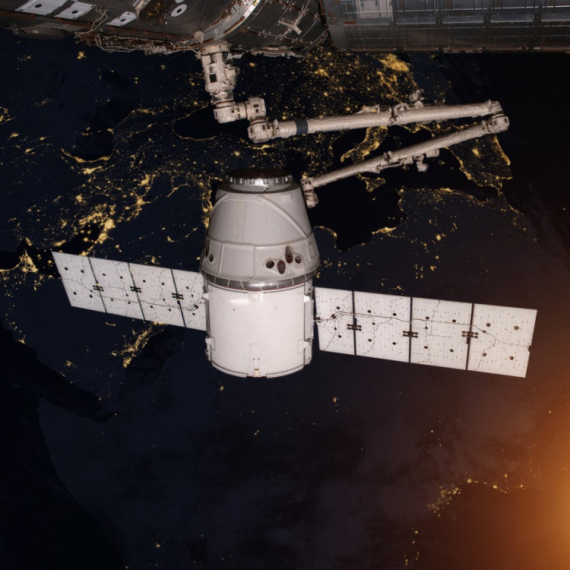
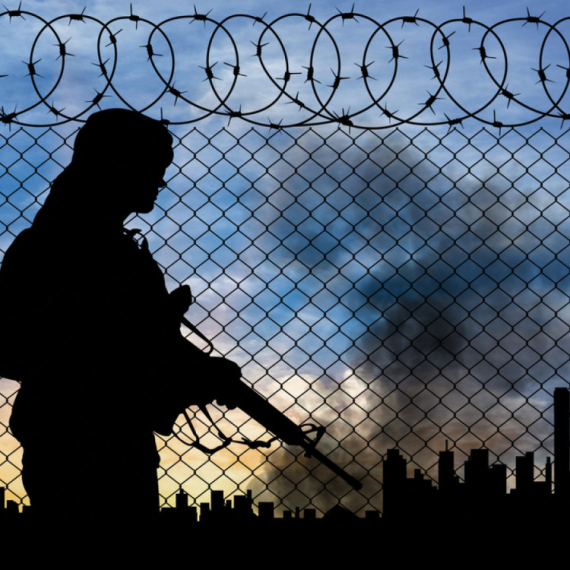

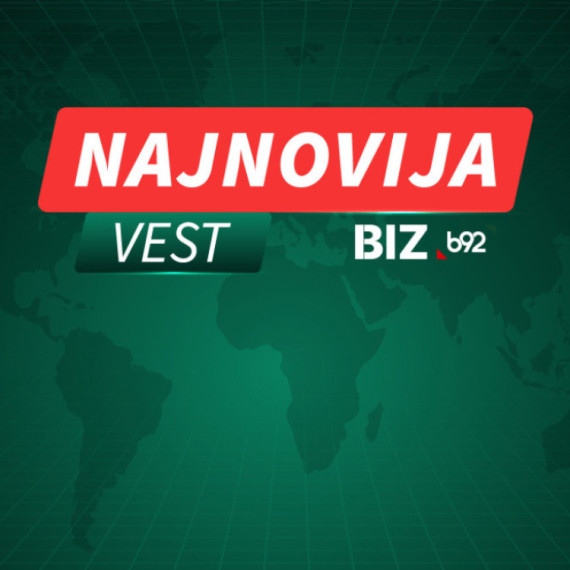

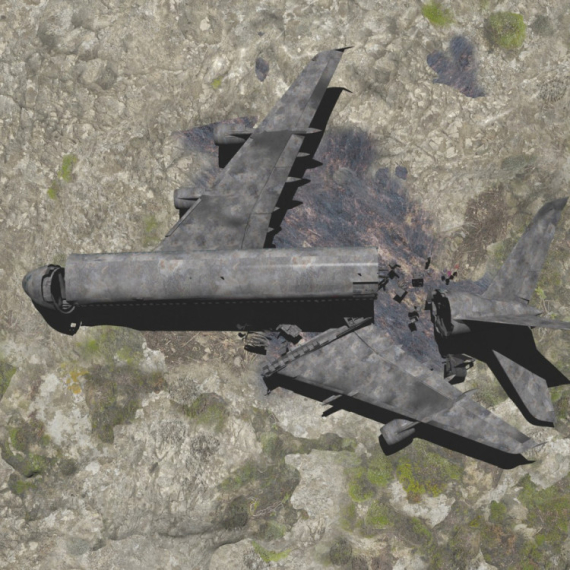
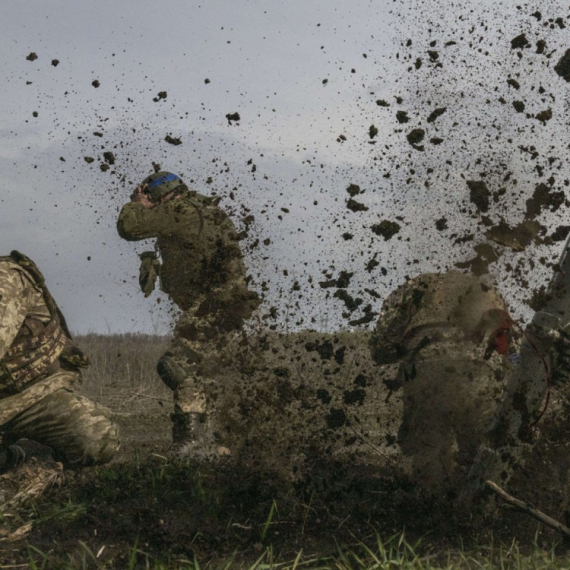






















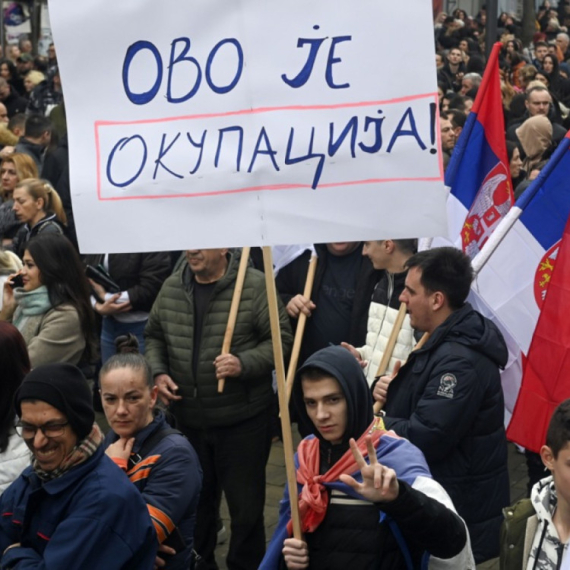
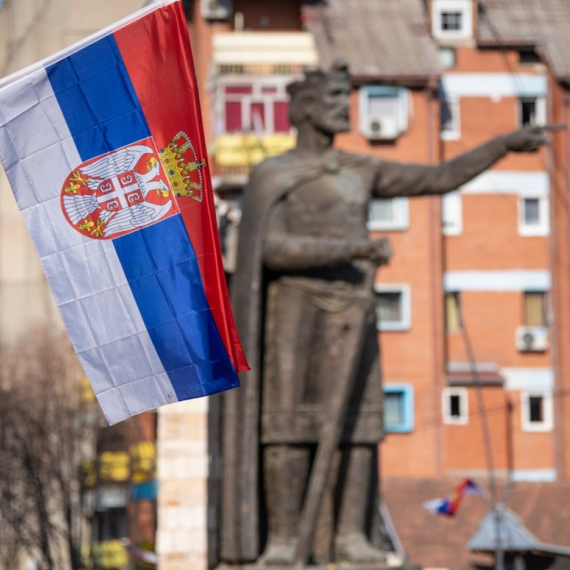










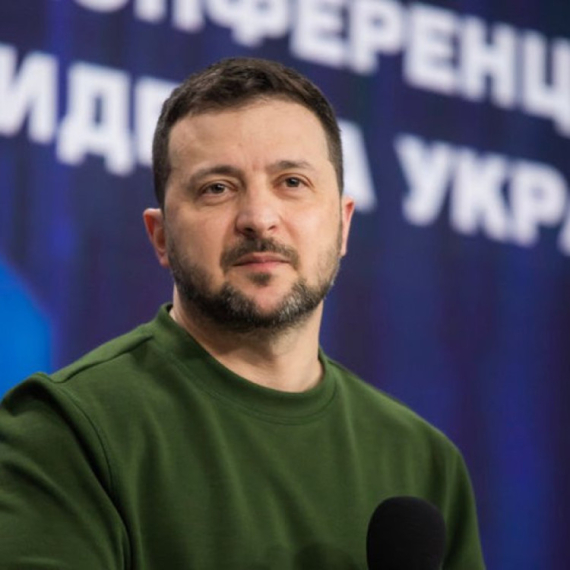

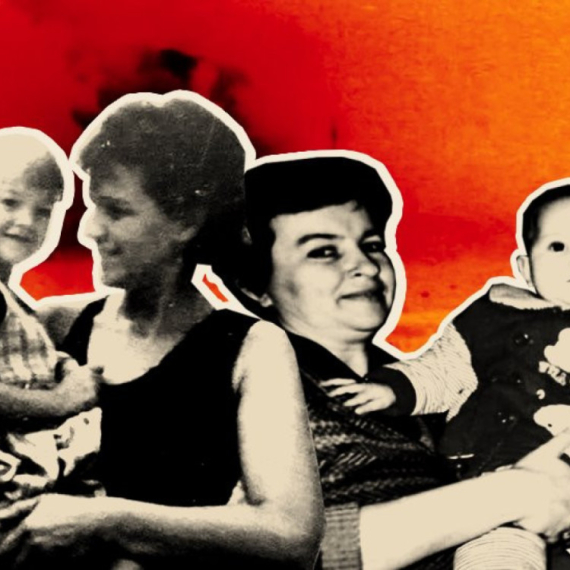

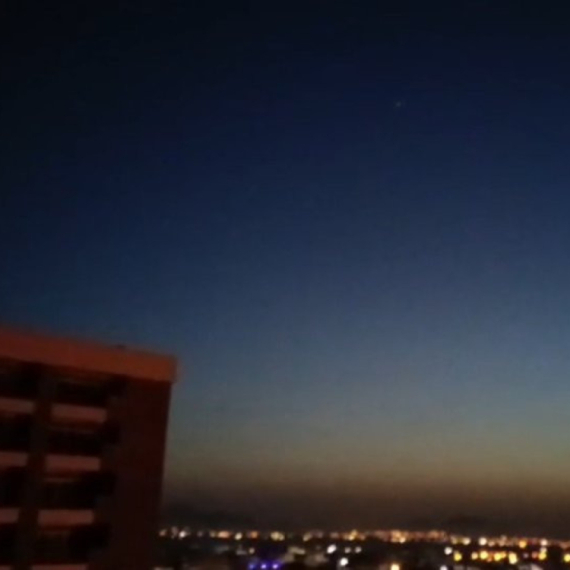

Komentari 1
Pogledaj komentare